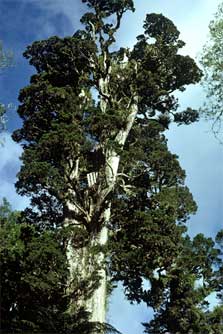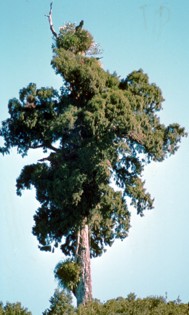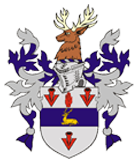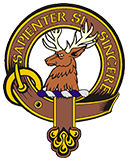Alister’s Early Life Memoires

Totara Tree
Gradually, as the land improved, sheep and cattle were moved onto the land necessitating sheep and cattle yards and a shearing shed. These were built the hard way – by hand. There was no electricity and therefore no power. Shearing was done by gangs of Maori shearers who would live on the property while the shearing was being done. They had to be housed and fed. With only a wood stove for cooking the feeding of the gang was a mammoth task. Mother managed all this on her own. There was no hot water cylinder so to get hot water it had to be boiled on the stove.
Mother was a great home-maker and though she had very little everyone was given a warm welcome and entertained in her small but attractive main room. The house consisted of kitchen/dining room and two bedrooms. There was an open fire in the sitting room. We had a tin bath and a califont [hot water heater] supplied hot water for that. The toilet was a “long drop” [out house] situated about 40 yards from the back door, a long cold walk at night, though there were chamber pots if that was your preference. A verandah was added later where I slept with the bugs and beetles for company.
We had four dogs, four horses and my pony, Fluffles. We had chooks [chickens] and two cows which provided us with milk and cream. During the slump years – 1928 to 1934 – to make ends meet we milked 25 cows by hand. This was long and arduous work. The cream was sent to the factory. The local store brought goods and mail to the house, conditions permitting. When Father had to go away for a week I had to do all the milking, help with the separating and clean up before school and repeat the process at night – a very long day. Usually Father and I would have done the work together.
Activities

Rimu Tree
The local school was a one-teacher school catering for 25 pupils ranging in age from 5 to 12 & 13. It was about 6 miles away and I rode my pony there and back every day. My cousin for a time rode with me and on our return we would sit on our ponies and
talk at her gate for quite some time before I continued on my ride alone. I had no saddle, using a sheepskin instead; we could not afford a saddle and the sheepskin was comfortable.
At school we played a variety of games with the most unsophisticated equipment one could imagine. We played football in bare feet as no one could afford to buy boots. The aftermath was not so good as one dealt with chapped legs and feet. It was devastating to get clean after a game with dirt and mud everywhere. I could be in tears as I tried to get the dirt off.
Sport at home was not the best, as I had no team mates so had to kick balls around, or hit a tennis ball against the wall of the house that was a weatherboard wall. The ball at times could come back at you from any angle and one had to be pretty nippy to keep a rally going. Hockey was played in bare feet too, using hockey sticks made from a ti-tree trunk that had a good bend at the bottom that served as the hook [ti-tree is an evergreen shrub with many medicinal uses]. Sunday was rest day for my parents and this day was the longest by far in the week. Occasionally friends from across the river would visit. This was great as my friend and I could then play “one-a-side” football. At times we would cross the river to visit friends, usually for a tennis party. The children could have a game when the adults were having lunch. These days were great as I had company.

